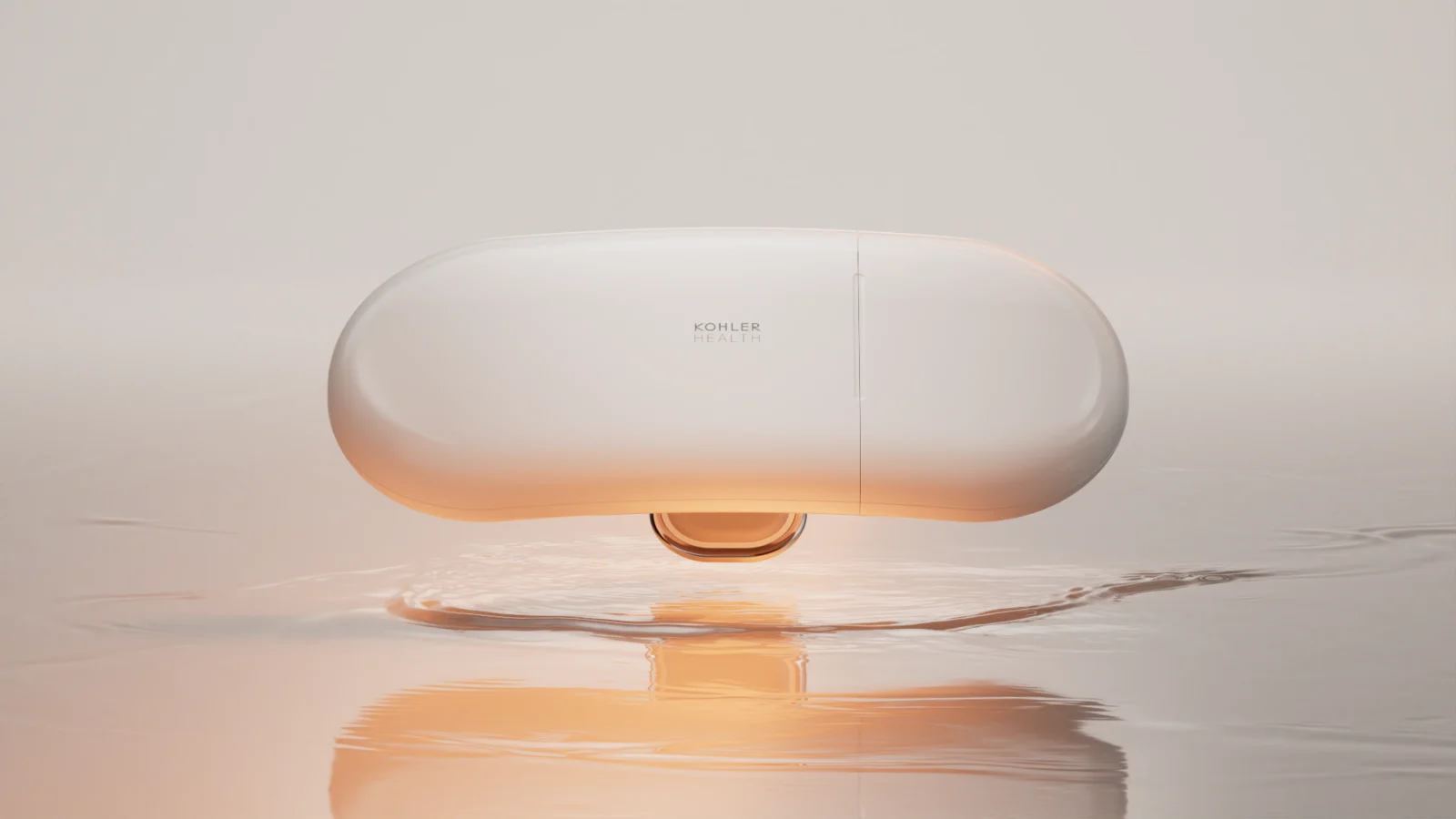It's been a big day for health science. From immune system discoveries to regenerative medicine breakthroughs, here's everything important that happened in the world of health and longevity research today.
Exercise Literally Trains Your Immune Cells, Study Finds
If you needed another reason to stay active, here it is. Researchers just published findings showing that decades of endurance exercise actually "trains" your immune system's natural killer (NK) cells—the cells responsible for fighting infections and cancer.
According to the study published today, older adults who maintained consistent exercise routines throughout their lives showed NK cells that were more efficient, less inflammatory, and better at their job compared to sedentary individuals. The researchers suggest this could be a key mechanism in combating immunosenescence, the age-related decline of immune function.
The takeaway? Lifelong endurance activities like running, cycling, or swimming might keep your immune system functioning like it's younger than your actual age.
Source: Science Daily - Exercise trains immune cells
Scientists Discover Immune Cells Are Way More Mobile Than We Thought
In related immune system news, researchers have overturned a long-held belief about how natural killer cells work. For years, scientists thought these immune cells mostly stayed put in specific organs. Turns out, they're highly mobile travelers.
The study published today shows that NK cells actively patrol the entire body through the lymphatic system. According to the researchers, this discovery could open doors to new therapies that direct these immune cells to specific sites where they're needed—like tumors or infections.
It's early days, but the researchers say this finding fundamentally changes how we might approach targeted immune therapies in the future.
Source: News Medical - Immune system mobility study
Menopause Accelerates Immune Aging, But HRT Might Reverse It
Two studies published today are getting attention in women's health circles. The first shows that menopause onset appears to speed up immune system aging. The second suggests that hormone replacement therapy (HRT) might actually reverse some of this decline.
Researchers found that the hormonal changes during menopause correlate with measurable changes in immune function. The HRT study, published separately, indicates that hormone therapy could potentially restore some immune health markers to pre-menopausal levels.
A third study released today also linked early menopause with increased dementia risk, suggesting the timing of menopause might be more significant for long-term health than previously understood.
The researchers emphasize these findings warrant further investigation but could inform treatment decisions for women approaching or experiencing menopause.
Sources:
New Hydrogel Shows Promise for Cartilage Regeneration
Here's something for anyone dealing with joint problems. Researchers published findings today on a composite hydrogel that not only promotes cartilage regeneration but also creates an anti-inflammatory environment in damaged joints.
In their study, published in the Journal of Nanobiotechnology, the research team demonstrated significant cartilage regrowth in joint defects. What makes this different from previous approaches is that it addresses both tissue repair and the inflammatory processes that drive osteoarthritis.
The researchers say this could represent a shift from managing symptoms to actually repairing damaged tissue, though clinical applications are still being developed.
Source: Journal of Nanobiotechnology - Hydrogel study
Stem Cell Therapy for Back Pain Advances to Phase 2 Trials
BioRestorative Therapies announced today that they're moving forward with Phase 2 trials for BRTX-100, a treatment that uses patients' own cultured stem cells to treat degenerative disc disease.
The non-surgical therapy is being positioned as a potential alternative to current treatments for chronic lower back pain. The company will be presenting their progress at the 2025 Maxim Growth Summit, focusing on stem cell therapy innovations.
While still in trials, the company suggests this approach could offer a more personalized treatment option for the millions dealing with chronic back issues.
Source: Quiver Quant - BioRestorative Therapies announcement
Engineered Stem Cells Could Boost Brain Repair
In potentially groundbreaking neuroscience news, researchers published a study today showing they've engineered stem cells to overexpress brain-derived neurotrophic factor (BDNF). According to their findings, this dramatically enhanced the cells' ability to mature into functional neurons and form connections.
The research team suggests this approach could be valuable for brain repair after injury or in treating neurodegenerative diseases. They emphasize this is still in early stages but represents a new strategy for neuroregeneration.
Source: News Medical - Stem cell neuroregeneration study
Common Stomach Bacteria Linked to Blood Sugar Problems
Researchers published findings today connecting H. pylori infection—a common stomach bacteria—with metabolic dysfunction. According to the study in BMC Microbiology, the infection appears to worsen glucose intolerance and insulin resistance.
The researchers found that H. pylori disrupts the gut microbiome, reduces beneficial short-chain fatty acids, and lowers GLP-1 secretion. They suggest that for people struggling with blood sugar control, testing for and treating H. pylori could be worth considering as part of a broader metabolic health strategy.
Source: BMC Microbiology - H. pylori metabolism study
Personalized Probiotics Reduced Eczema Risk by 83% in Major Trial
This one's impressive. A randomized controlled trial published today found that when probiotic recommendations were personalized based on an infant's gut microbiome testing, eczema risk dropped by 83% compared to standard approaches.
The study, provides strong evidence that microbiome-guided supplementation significantly outperforms generic probiotic recommendations. The researchers emphasize that testing and personalization—not just taking any probiotic—appears to be the key factor.
Source: NutraIngredients USA - Personalized probiotics study
Nanotech Could Improve GLP-1 Drug Delivery
Researchers published findings today on engineered nanoplatforms that could make GLP-1 agonists (drugs like Ozempic and Wegovy) more stable and targeted. According to the study in the Journal of Nanobiotechnology, these delivery systems could enhance the drugs' effectiveness for diabetes, cardiovascular disease, and potentially neurological conditions while reducing side effects.
The research team suggests this represents the next generation of metabolic drug delivery, though clinical applications are still in development.
Source: Journal of Nanobiotechnology - GLP-1 nanoplatform study
New Muscle Health Ingredients Clear FDA Process
Two novel ingredients for muscle health completed the FDA's New Dietary Ingredient (NDI) notification process today: a postbiotic form of Akkermansia muciniphila and a proprietary botanical extract.
According to NutraIngredients USA, completing the NDI process adds a layer of regulatory validation for supplement manufacturers and consumers looking for next-generation muscle health products.
Source: NutraIngredients USA - NDI muscle health ingredients
Handheld Vagus Nerve Stimulator Gets Positive Review
The Daily Beast published a hands-on review today of the Truvaga Plus, a handheld device for vagus nerve stimulation. According to the reviewer, the device showed potential for improving sleep quality and reducing stress by activating the parasympathetic nervous system.
Vagus nerve stimulation has traditionally required clinical settings, but devices like this are making the technology accessible for home use. The reviewer noted improvements in sleep metrics and overall stress management.
Source: The Daily Beast - Truvaga Plus review
At-Home TMS Devices Could Change Depression Treatment
An industry analysis published today explores how wearable, at-home transcranial magnetic stimulation (TMS) devices could democratize depression treatment. Currently, TMS requires visits to specialized clinics.
According to the report in Behavioral Health Business, several companies are developing home-use versions that could bring clinical-grade brain stimulation to patients' living rooms. The devices would still require FDA approval before widespread availability.
Source: Behavioral Health Business - At-home TMS analysis
Scientists Create Artificial Human Colon for Drug Testing
UC Irvine researchers announced today that they've created a 3D artificial human colon using patient-derived stem cells. According to the university, this "organ-on-a-chip" can accurately mimic the real organ and predict how individual patients might respond to drugs and supplements.
In related news, researchers published findings today on liver organoid microarrays that can also predict personalized immune responses to various compounds—all without animal testing.
The researchers suggest this technology could eventually allow people to test drug safety and effectiveness based on their unique genetics before taking anything.
Sources:
Germany Launches National Genomics Strategy
Germany announced today a national strategy to integrate genomics into routine healthcare. According to Nature Medicine, the initiative aims to generate large datasets that could accelerate personalized medicine development across Europe.
The announcement comes as patient-led research and citizen science initiatives continue to grow, with researchers noting that individuals are increasingly driving research priorities rather than just participating in studies.
Sources:
Longevity Supplement Market Targets Aging Mechanisms
Market reports published today highlight how major supplement companies are developing products specifically targeting hallmarks of aging like chronic inflammation and cellular senescence. DSM-Firmenich debuted their "Longevity Shift" initiative at SupplySide Global 2025, focusing on scientifically-backed anti-aging interventions.
Separately, market analysis shows growing investment in longevity and anti-senescence therapies, with companies targeting age-altered antibodies and other aging mechanisms.
Sources:
What It All Means
Today's research paints a picture of health science moving rapidly toward personalization and regeneration. Studies show we can train our immune systems through exercise, repair tissues previously thought irreparable, and customize interventions based on individual biology.
The recurring theme? Generic approaches are giving way to targeted, data-driven strategies—whether that's personalized probiotics, custom stem cell therapies, or organ-on-chip drug testing.
These are still early-stage findings in many cases, and researchers emphasize the need for further studies. But the direction is clear: healthcare is becoming more precise, more regenerative, and more accessible.
See you all tomorrow with more huge health updates!
This article curates peer-reviewed research and industry developments published on October 15, 2025. Always consult qualified healthcare providers before making changes to your health regimen.
“biohacking, longevity, personalized medicine, immune system, regenerative medicine, stem cell therapy, gut health, anti-aging, neuromodulation, health optimization”


